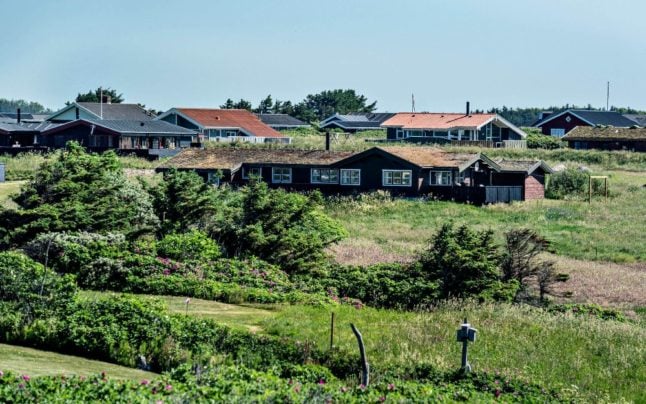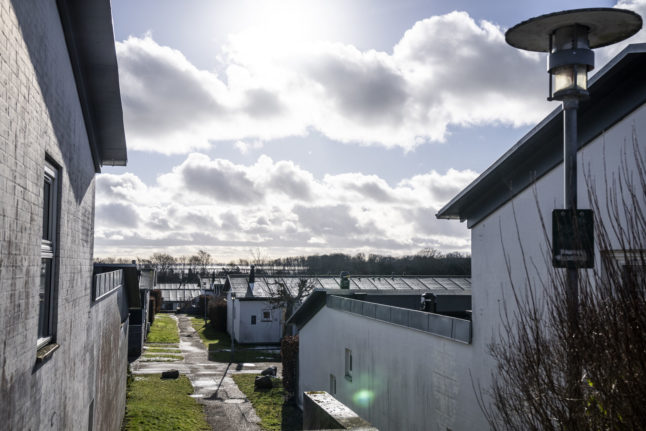Many people in Denmark spend their holidays living in summer houses, properties in which residence is not usually permitted year-round.
Rules preventing permanent use are in place to ensure summer house areas remain recreational in nature; to limit new construction in valuable and uninhabited coastal areas; and to protect natural landscapes from wear and tear.
READ ALSO: Summer houses in Denmark: What are the rules and when can you live in them?
While renting is a popular choice, owning a summer house is also relatively common and may be a financially viable option, depending on your budget and plans for vacationing and use of the property.
Foreign nationals who have lived in Denmark for less than five years are required to apply for permission to buy real estate with the Ministry of Justice’s Department of Civil Affairs (Civilstyrelsen). This also applies to Danes who have lived abroad.
Foreign nationals looking to buy property can face additional challenges, including minimum residency requirements and banks asking for a higher down payment on mortgages.
READ ALSO:
- ‘Prove you’re going to stay’: The challenges of buying a home in Denmark as a foreigner
- What do foreigners need to know about buying a home in Denmark?
However, the Ministry of Justice’s Department of Civil Affairs (Civilstyrelsen) states that, for both permanent homes and non-permanent or seasonal dwellings like summer houses, foreign nationals can be given permission to purchase properties, even if they have lived in Denmark for less than five years.
The application for to acquire a seasonal dwelling (such as a summer house) can be found here. The rules can be explored in full detail here.
I have lived in Denmark for less than five years. Will my application be accepted?
Citizens of EU countries are normally exempted from residence requirements because of EU free movement laws. As such, citizenship and not residence or previous stay in Denmark is decisive and EU citizens can generally acquire real estate in Denmark.
However, if you want to buy a holiday home this does not apply and the five-year residence requirement takes precedence – regardless of whether you have EU nationality.
If you don’t meet the five-year rule, you can still be granted permission to buy a summer house if you are consider to have a “special connection” to Denmark.
This can take the form of close family in Denmark or professional, cultural or financial connections, or previous stays in the country. These are taken into account by the Justice Ministry when it reviews an application.
For companies, different rules apply to those for private individuals, and companies have more leeway to purchase property in Denmark.
However, companies are only allowed to buy holiday homes in Denmark for commercial purposes or to use them for year-round residence. These means rules for private individuals cannot be circumvented by purchasing the properties under a business.



 Please whitelist us to continue reading.
Please whitelist us to continue reading.
Member comments